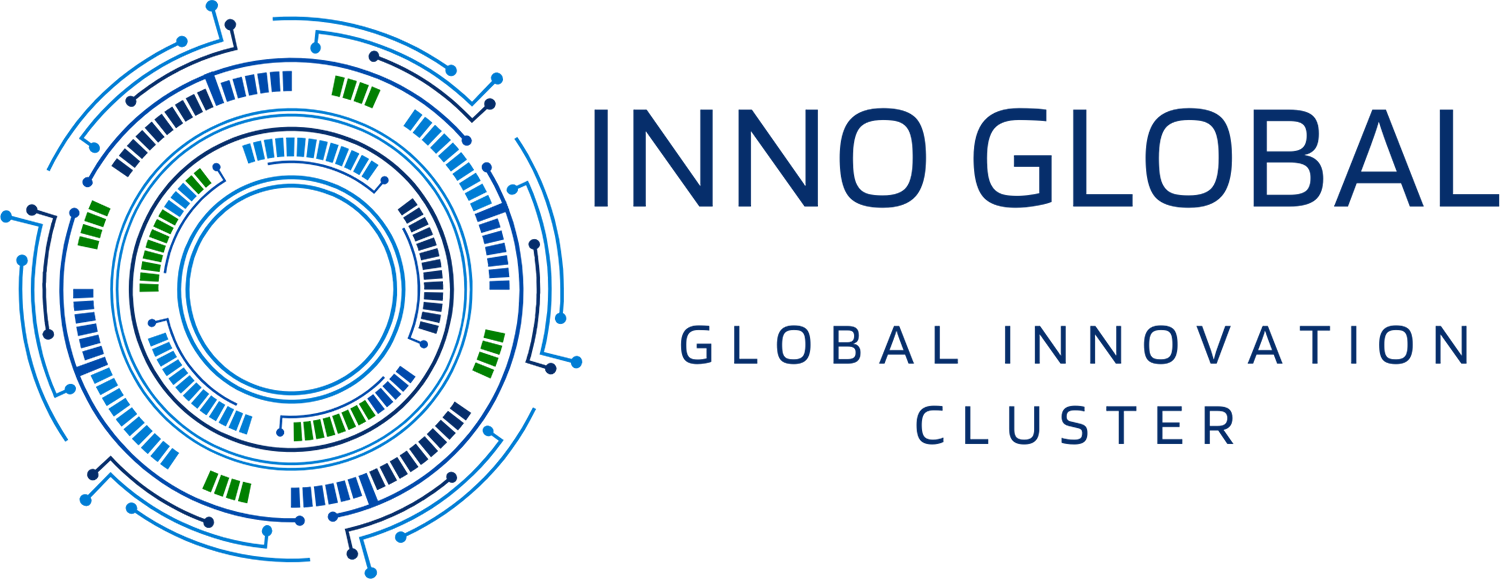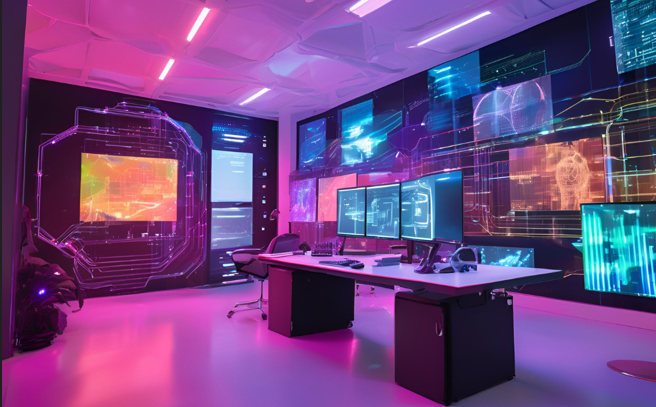Kraków at the Center of Europe’s Innovation Map
Kraków is emerging as one of the most important innovation centers in Central and Eastern Europe, with local startups increasingly making their mark on the global entrepreneurship map. The recent “Archipelag innowacji” conference shed light on the unique characteristics of Kraków’s ecosystem and the challenges facing young companies in the region. The event, using Open Space Technology (OST) methodology, created space for open discussion about the future of Kraków’s innovations.
OST Methodology as a Foundation for Constructive Dialogue
The “Archipelag innowacji” conference distinguished itself by employing Open Space Technology (OST), which allowed participants to shape the meeting agenda independently. This innovative form of event organization, developed by Harrison Owen, enables bottom-up creation of discussion topics, resulting in greater participant engagement and more authentic exchange of experiences.
Thanks to the application of OST, several key thematic areas emerged during the conference that participants deemed most important for the development of Kraków’s startup ecosystem:
- Relationships between academia and business
- Challenges in securing funding at various stages of development
- International expansion strategies for Kraków startups
- Cooperation between startups and corporations present in the region
- Talent management in a competitive environment
Academic Talent as a Driving Force for Innovation
Kraków, with over 130,000 students and strong academic facilities, possesses exceptional intellectual potential. According to data presented during the conference, approximately 40% of Kraków startups stem directly from the academic environment, which distinguishes the region from other Polish centers.
The proximity of universities such as AGH University of Science and Technology, Jagiellonian University, and Kraków University of Technology creates a natural incubator for talent and ideas. University representatives at the conference emphasized the growing importance of programs supporting the commercialization of scientific research, such as SPIN-Tech and initiatives from the Technology Transfer Center at Jagiellonian University.
The discussion also revealed the need for even closer integration of teaching programs with market needs, particularly in the areas of:
- Practical business skills for engineers and scientists
- Competencies in research commercialization
- Knowledge of intellectual property protection processes
Specializations that Distinguish Kraków
Conference participants noted the clear specializations of Kraków’s startup ecosystem. Unlike Warsaw, where fintechs and e-commerce projects dominate, Kraków startups focus on several distinct areas:
- Medical technologies and healthtech – represented by companies such as Samay (innovative breathing monitoring solutions) and MedApp (advanced medical imaging tools with augmented reality elements)
- Cybersecurity solutions – led by CyberNautica and Securitum, which are gaining customers in international markets
- Technologies for industry (Industry 4.0) – companies like Reliability Solutions and VentureMS providing predictive maintenance solutions and production process optimization
- Advanced software solutions for business – with Salesmanago as a flagship example of Kraków’s success in the marketing automation area
This specialization is not accidental – it stems from the local academic and industrial context. Kraków’s universities have strong departments of computer science, automation, and robotics, which translates into the profile of startups established here.
Funding: Strengths and Weaknesses of Kraków’s Ecosystem
The conference report indicates interesting dynamics in the funding area. On one hand, Kraków startups raised over 120 million złoty in external capital last year; on the other hand, there remains a significant gap in the early stages of development.
During the session devoted to financing, representatives of venture capital funds, including Innovation Nest and Satus Starter, pointed out the paradoxical situation – it is often easier to secure a larger funding round at the scaling stage than to find the first business angel or seed fund at the beginning of the journey.
The conference also revealed growing interest in Kraków startups from foreign investors, especially from Germany and Scandinavian countries, who appreciate the technical quality of solutions and cost competitiveness compared to Western Europe.
Key findings from the financing discussion include:
- The need to strengthen the business angel ecosystem in the region
- The necessity to improve startup founders’ education regarding fundraising
- Opportunities to better utilize European funds available through regional operational programs
Challenges: Talent, Expansion, and Scalability
Despite dynamic development, Kraków’s startup ecosystem faces significant challenges. Three main problem areas identified during the conference are:
- Growing competition for talent – despite the large number of graduates, recruiting qualified specialists is becoming increasingly difficult. Kraków must compete not only with Warsaw but also with remote work offers from around the world.
- Barriers to international expansion – although Kraków startups have global ambitions, they still lack the experience and contacts necessary for successful entry into international markets.
- Bottlenecks in the scaling process – the transition from prototype and first customers to a scalable business remains a challenge for many local companies.
During a dedicated OST session focused on these challenges, participants developed a series of recommendations, including:
- Creating a mentoring program for startups planning international expansion
- Establishing a platform for exchanging experiences between companies at different stages of development
- Developing programs to attract talent from other regions of Poland and abroad
The Role of Corporations in the Ecosystem
An interesting topic discussed during the conference was the role of large corporations that have established a significant presence in Kraków. The city is currently the second-largest shared services and outsourcing center in Poland after Warsaw, with over 220 companies employing a total of more than 80,000 people.
Representatives of ASPIRE, an association of business service centers, emphasized the evolution of relationships between corporations and startups – from initial competition for talent to increasingly symbiotic cooperation.
The report indicates that over 30% of Kraków startups established formal cooperation with at least one corporation in the past year, representing an increase of 12 percentage points compared to the previous year.
Examples of successful corporation-startup cooperation presented during the conference include:
- The ABB Innovation Challenge program supporting startups developing technologies for industry
- Collaboration between Comarch and young companies in the fields of IoT and telemedicine
- The Innovators Lab accelerator run by Tauron
Initiatives Supporting Kraków’s Ecosystem
The conference also provided an opportunity to present and evaluate the effectiveness of numerous initiatives supporting Kraków’s startup ecosystem:
- Kraków Technology Park – managing a special economic zone and running acceleration programs
- OMGKRK – a grassroots initiative bringing together representatives of Kraków’s technology and startup community
- #KRAKÓW – a program by the city of Kraków supporting local startups and promoting the city as an innovation center
During a discussion moderated by representatives of the Kraków City of Startups Foundation, participants assessed the strengths and weaknesses of these initiatives, noting the need for better coordination of activities and creation of a coherent ecosystem development strategy.
Inspiring Examples of Kraków’s Successes
The conference report highlights several Kraków startups that have achieved significant success in recent years:
- Estimote – a pioneer in beacon technology that secured funding from Silicon Valley investors and collaborates with global brands
- Silvair – a company specializing in smart lighting technologies, which, as one of the few Polish technology companies, debuted on the American NASDAQ stock exchange
- Brainly – an educational platform with over 350 million users worldwide that has become one of Poland’s biggest successes in the edtech space
- Salesmanago – a marketing automation platform that successfully competes with global giants and serves customers in over 50 countries
These examples show that Kraków startups have the potential to build global businesses despite geographical and financial challenges.
Summary: Prospects for Kraków’s Ecosystem
The use of OST methodology during the “Archipelag innowacji” conference allowed for the identification of key challenges and opportunities facing Kraków’s startup ecosystem. The conference summary contains several key recommendations for further development:
- Strengthening support programs at early stages of startup development, especially in the areas of seed funding and initial commercialization phases
- Building stronger bridges between academia and business, with particular emphasis on technology transfer and commercialization of scientific research
- Developing initiatives supporting international expansion of local companies, including mentoring programs and experience exchange platforms
- Creating a cooperation platform between startups and corporations that will facilitate partnerships and joint projects
- Coordination of existing support initiatives to eliminate duplication of efforts and more efficiently use available resources
Conference participants agreed that Kraków has all the elements needed to become a leading technology hub in the region. The key to success will now be better connecting these elements and creating a truly integrated ecosystem.
Next Steps
The organizers of the “Archipelag innowacji” conference announced continuation of work on the identified areas through a series of thematic workshops to be held in the coming months. There are also plans to create a periodic report on the state of Kraków’s startup ecosystem, which will monitor progress in implementing the developed recommendations.
More information about initiatives resulting from the conference and 2024 report can be found on “Archipelag innowacji”







